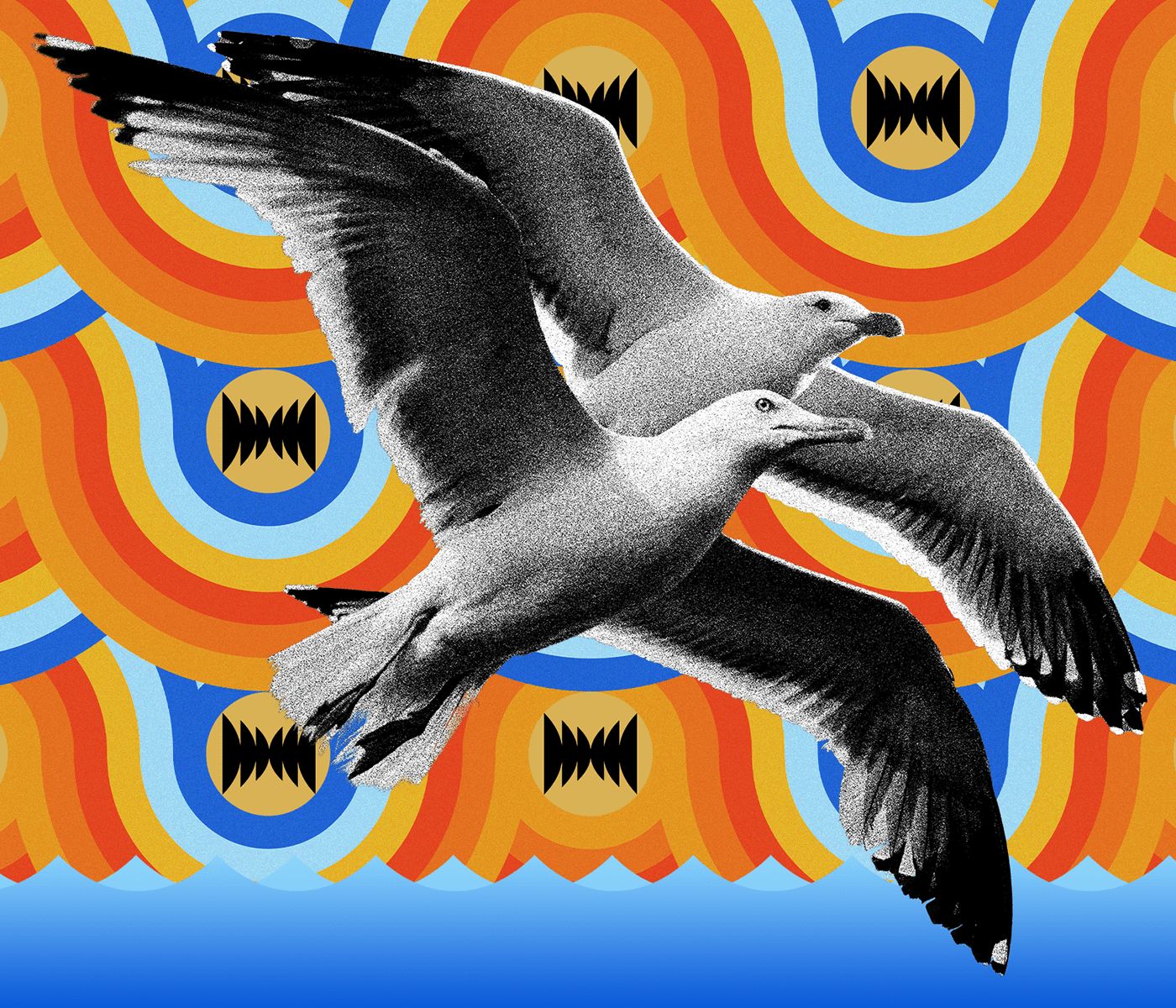In the 1970s, as LGBTQ+ people in the United States faced conservatives whose top argument was that homosexuality is “unnatural,” a pair of young scientists discovered on a tiny island off the coast of California a colony of seagulls that included… a significant number of female homosexual couples making nests and raising chicks together. The article that followed upended the culture’s understanding of what’s natural and took the discourse on homosexuality in a whole new direction.
In this episode, our co-Host Lulu Miller grapples with the impact of this and several other studies about animal queerness on her life as a queer person.
Special thanks to the History is Gay (https://www.historyisgaypodcast.com/) podcast.
EPISODE CREDITS
Reported by - Lulu Millerwith help from - Sarah QariProduced by - Sarah QariOriginal sound design contributed by - Jeremy Bloomwith mixing help from - Arianne WackFact-checking by - Diane Kellyand Edited by - Becca Bressler
Our newsletter comes out every Wednesday. It includes short essays, recommendations, and details about other ways to interact with the show. Sign up (https://radiolab.org/newsletter)!
Radiolab is supported by listeners like you. Support Radiolab by becoming a member of The Lab (https://members.radiolab.org/) today.
Follow our show on Instagram, Twitter and Facebook @radiolab, and share your thoughts with us by emailing radiolab@wnyc.org.
Leadership support for Radiolab’s science programming is provided by the Gordon and Betty Moore Foundation, Science Sandbox, a Simons Foundation Initiative, and the John Templeton Foundation. Foundational support for Radiolab was provided by the Alfred P. Sloan Foundation.


 Replay
Replay





